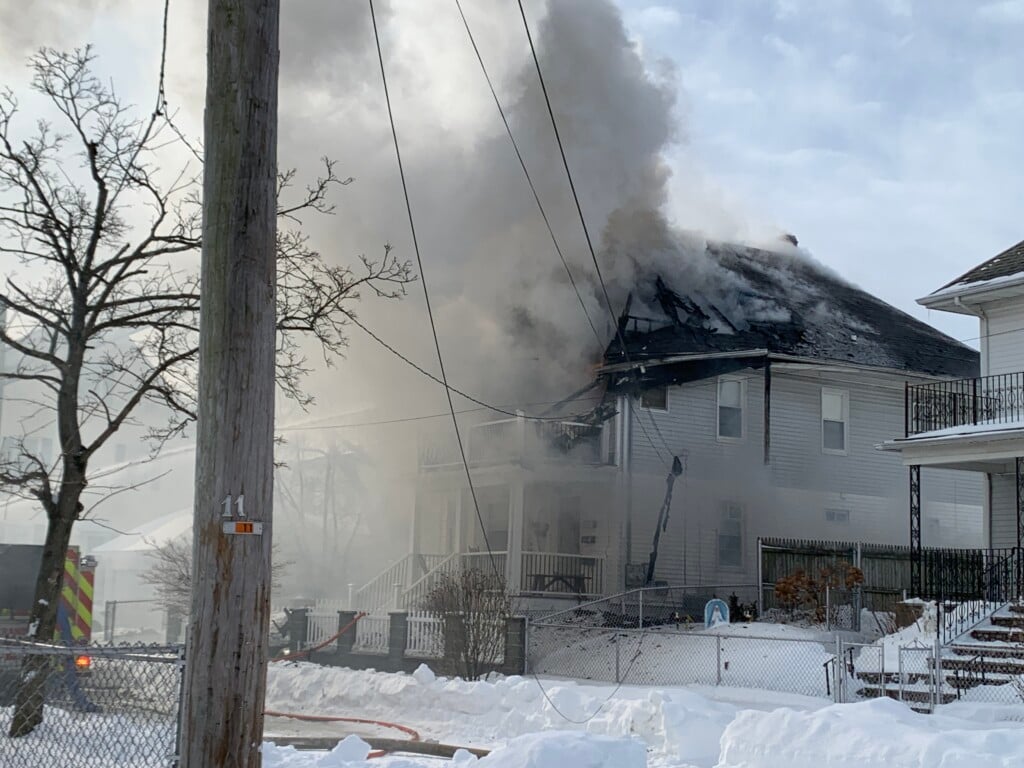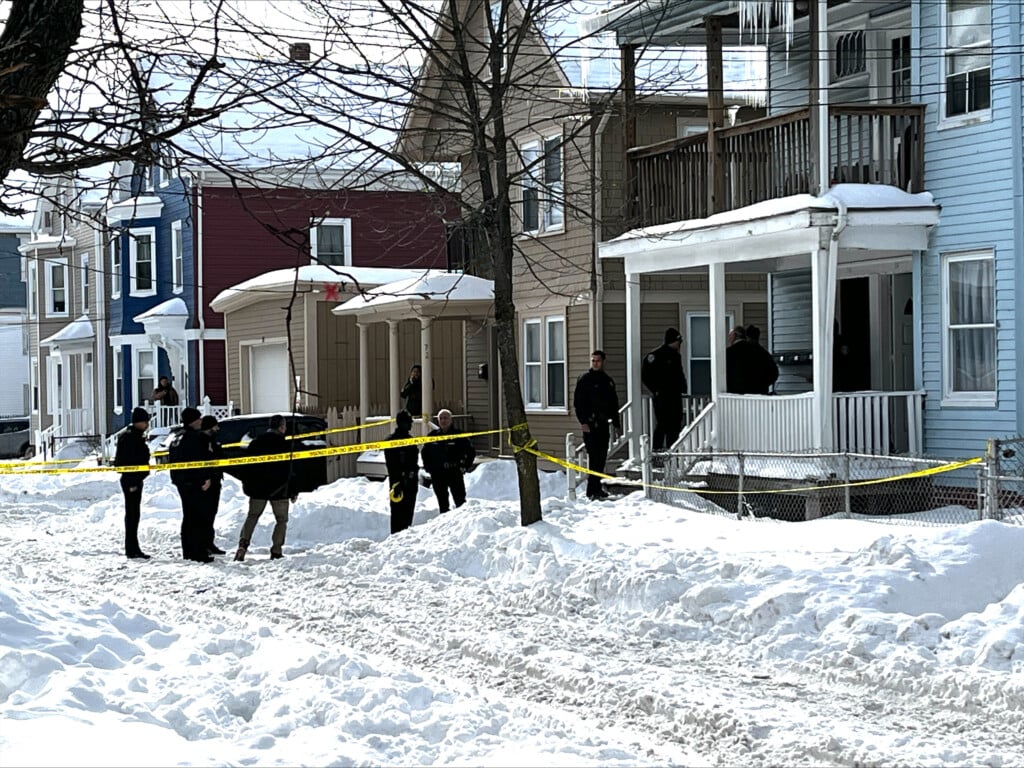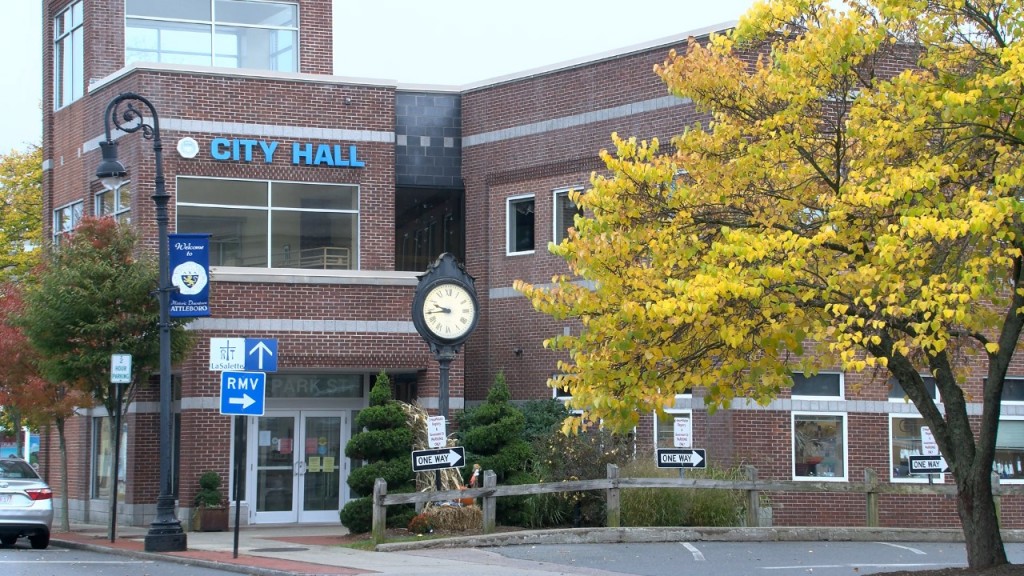RIDOH recommends public limit eating fish from Pawcatuck River, avoid fish from Grills Preserve Pond
PROVIDENCE, R.I. (WLNE) — The Rhode Island Department of Health said that the public should limit consumption of native fish caught in certain areas of the Pawcatuck River downstream of Burdickville Road in Hopkinton and to avoid eating any fish from the Grills Preserve Pond in Bradford.
RIDOH said that fish from these areas have high levels of PFAS (per- and polyfluoroalkyl substances).
RIDOH is issuing the following fish consumption recommendations to protect public health:
- Do not eat any fish caught from the Grills Preserve Pond.
- Eat no more than 1 meal per month of native fish (i.e., perch, bass, and pickerel) caught from the Pawcatuck River downstream of Burdickville Road in Hopkinton.
- Since PFAS tend to accumulate more in organs compared to muscle tissue, do not eat the organs of fish caught from the Pawcatuck River downstream of Burdickville Road in Hopkinton.
- RIDOH does not currently have the data needed to make a health-based recommendation on the safety of consuming stocked trout in this section of the Pawcatuck River. Individuals concerned about PFAS should know that these species can accumulate PFAS. People can be exposed to PFAS from a variety of sources and can lower their intake from one or more sources by limiting or replacing them.
The department added that stocked trout were not part of the testing and so it was unknown how much PFAS they may contain.
“PFAS are a class of chemicals that repel oil and water,” the department said. :They have been used since the 1940s to make products water-, grease-, and stain-resistant and in certain fire-fighting products. Some PFAS take centuries to break down in the environment. PFAS that don’t break down build up in and pollute the environment. PFAS can also build up in our bodies. People can be exposed to PFAS by eating food, drinking water, accidentally swallowing dust, or breathing air polluted with PFAS.”


